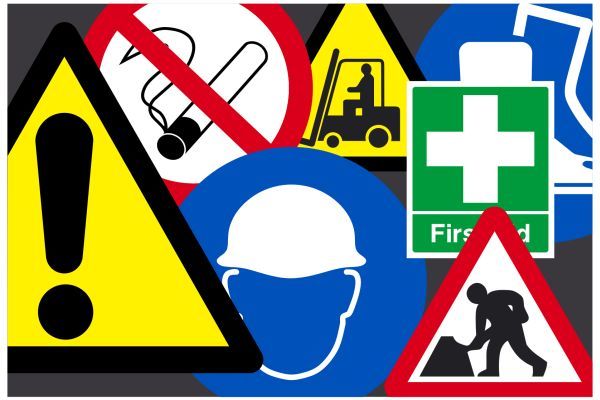Published on the 28/05/2015 | Written by Simon Eskow

An overhaul of New Zealand’s health and safety regulation may snag IT companies in a regulatory net that could potentially make employers liable for accidents in their staff’s own homes, writes Simon Eskow at IITP’s TechBlog…
The Health and Safety Reform Bill comes from work by an Independent Taskforce after the 2010 Pike River Coal Mine disaster in which 29 people were killed in a series of gas explosions. The Bill is currently before parliament, with a select committee report due to report back by 29th May 2015, and expected passage in the second half of the year.
Observers widely acknowledge the need for reforms, especially for higher risk sectors identified by the independent taskforce – manufacturing, construction, agriculture, forestry and fishing – which account for more than half of all workplace injury entitlement claims and have the highest claim rates of all occupations.
The Bill’s provisions, however, have raised eyebrows among tech industry observers who say it will make companies responsible for health and safety in their employees’ homes when telecommuting, as has happened overseas.
We’ve seen legal advice that states: “Under the new legislation, a company does have responsibility for all workplaces of its staff. This is a broadly defined concept and would capture those working from home. Telstra has recently been prosecuted in Australia in a situation where a staff member who worked from home fell down her own stairs (twice)… it would appear to be a far-reaching case that will likely have precedent value here.”
The Bill in fact bases new regulatory framework on Australia’s model. The new health and safety at work regime in the Bill will replace the Health and Safety in Employment Act 1992 and the Machinery Act 1950. The new regime is based on the Australian Model Work Health and Safety Act, with modifications to take account of differences in the New Zealand context. The new regime recognises that a well-functioning health and safety system relies on participation, leadership, and accountability by government, business, and workers.
Concerns were expressed last week during a meeting of tech industry group NZRise, with some members taking issue with the apparent one-size-fits all approach.
“The Act should separate ‘high-risk’ from ‘low-risk’ industries, and have separate rules and penalties for them,” says Neil Reid, CEO at Advanced Management Systems Ltd. Reid says experts that have reviewed the Bill have not seen exemptions or other mitigating factors to recognise differences in low-risk industries, and that this represents a real problem.
Aggravating the impact further, legal advice indicates that director responsibilities for health and safety cannot be insured for or indemnified against. Directors will be personally (and in many cases criminally) liable for breach, hence the need to be fully informed about the risks.
Overall, the Bill reflects a potential problem for tech companies trying to make their businesses work, and though it has yet to reach Parliament for a vote, time is ticking.
“IITP is looking into the applicability and likely impact this will have on our sector, especially in a work-from-home situation given the prevalence in our industry,” says IITP chief executive Paul Matthews. “This includes raising practicality concerns with Government and providing general advice to members in due course.”
The omnibus Bill, with its complex revision of regulation, may end up stalling, with National MPs concerned over its impact on small business and agriculture. According to a post on Politik, at least one National member is considering crossing the aisle unless changes are made to the Bill. For example, it says: “At its heart instead of an employer or employee is what it calls PCBU (Person Conducting Business or Undertaking)… (who) are supposed to ensure the safety or workers, or other people on their premises or site or affected by their activities. Whilst most submitting to the Select Committee have supported the overall principles of the Bill, many have been critical of its detail… Federated Farmers has said it is not practical to insist that a farmer be held responsible for everybody on their property at any one time and if it is not amended it would be likely to stop farmers allowing hunters and others to access their properties.”
The article states the Bill has also drawn criticism for its inclusion of volunteer organisations, which local governments and sports organisations say will impede community volunteerism and involvement in sports clubs at public parks.
*First published on IITP TechBlog. Republished with permission.



























